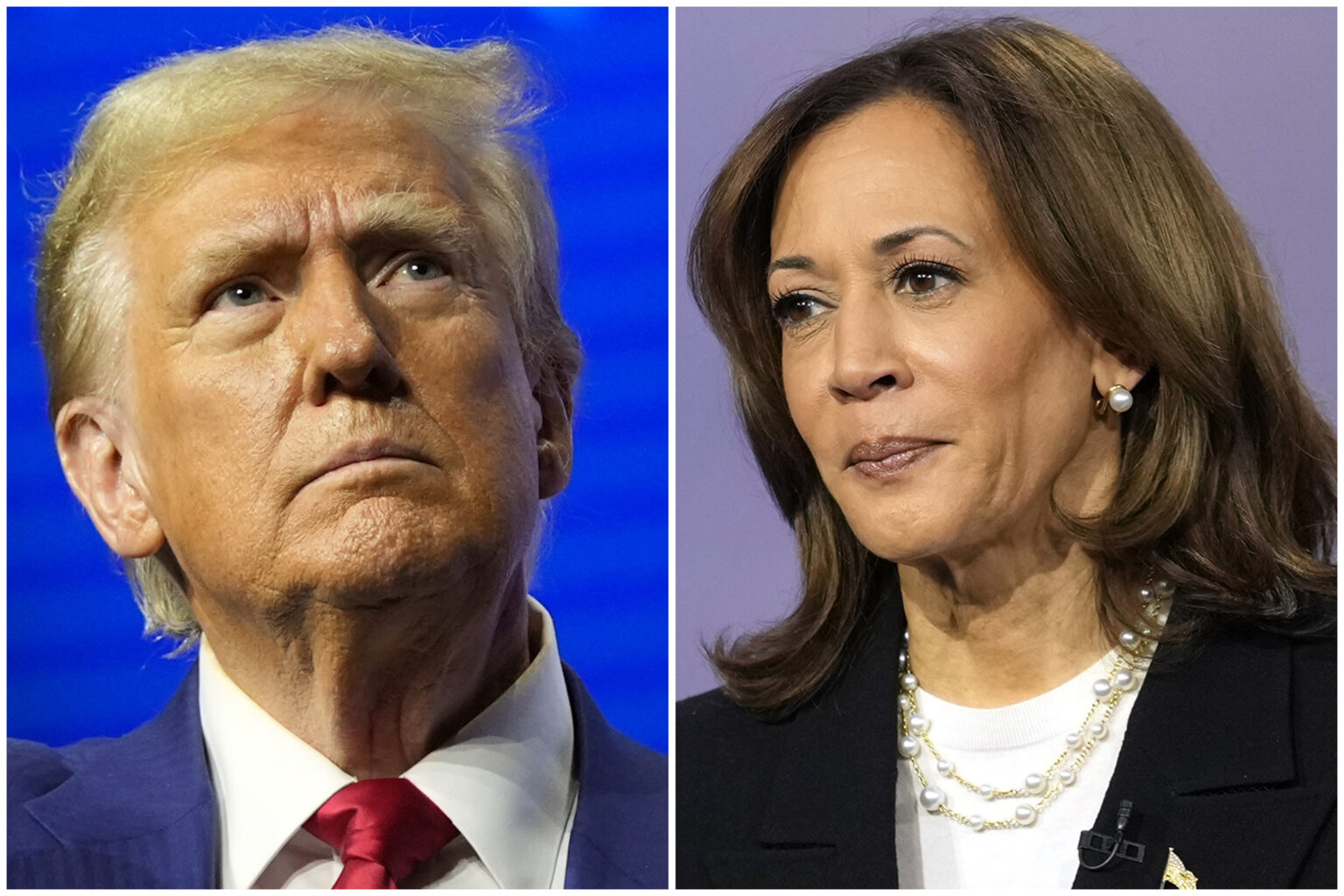A recent poll reveals heightened American concerns about the Middle East conflict, with Democrat and Republican voters sharply divided over who is to blame for the escalating tensions in the region.
Roughly half voters express worry over a potential escalation into a regional war.
However, only about 4 in 10 voters are “extremely” or “very” worried about U.S. involvement, according to findings from the AP-NORC Center for Public Affairs Research.
The survey, which used online and telephone interviews with 1,072 adults, including 957 self-reported registered voters, was conducted before Israel’s airstrikes on Iranian military sites.
The results underscored how the ongoing conflict has become a prominent issue in the 2024 presidential race, while candidates seek support from both Muslim and Jewish voters in key battleground states.
Split Views on Israel’s Responsibility
While concerns about the conflict’s growth are bipartisan, stark differences emerge in views on who is responsible for the war’s escalation. The poll shows that around 6 in 10 Americans attribute “a lot” of responsibility to Palestinian militant group Hamas, Iran, and Hezbollah. About 4 in 10 believe the Israeli government shares significant responsibility, and only around 2 in 10 place similar blame on the U.S. government.
Party lines sharply divide perspectives on Israel’s role, with nearly 60 percent of Democrats attributing “a lot” of responsibility to the Israeli government, a similar figure to those blaming Hamas. Among Republicans, however, only a quarter see Israel as similarly accountable for the conflict’s intensification.
Broad Support for Sanctions
The poll also shows bipartisan support for economic sanctions on Iran, aimed at curtailing resources to its affiliates Hezbollah and Hamas, with 55 percent of respondents in favor. Opinion diverges on providing arms to Israel, and a majority of voters oppose direct financial support for Israel’s military.
Support for deploying U.S. troops to assist Israel is low across party lines, with only 2 in 10 favoring this approach and around half opposing it outright. This indicates reluctance from the American public for direct military engagement in the Middle East conflict.
Mixed Views on U.S. Ceasefire Efforts
Despite limited expectations for immediate diplomatic breakthroughs, around half Americans believe the U.S. is doing “about as much as it can” to secure a ceasefire between Israel and groups such as Hamas and Hezbollah. However, 3 in 10 feel the U.S. could increase its efforts, while approximately 2 in 10 believe the U.S. should pull back from involvement in ceasefire negotiations.
Republicans, more than Democrats, express a preference for reduced U.S. involvement in ceasefire efforts, with about 30 percent of Republicans supporting a decrease, in contrast to about 10 percent of Democrats. A majority of Democrats feel the U.S. is already making adequate efforts, while independents and Republicans express less certainty.
The AP-NORC poll surveyed 1,072 adults from Oct. 11-14, 2024, using the AmeriSpeak Panel to ensure a representative sample. The margin of error for registered voters is 4.2 percentage points.
This article includes reporting from The Associated Press
Read the full article here

